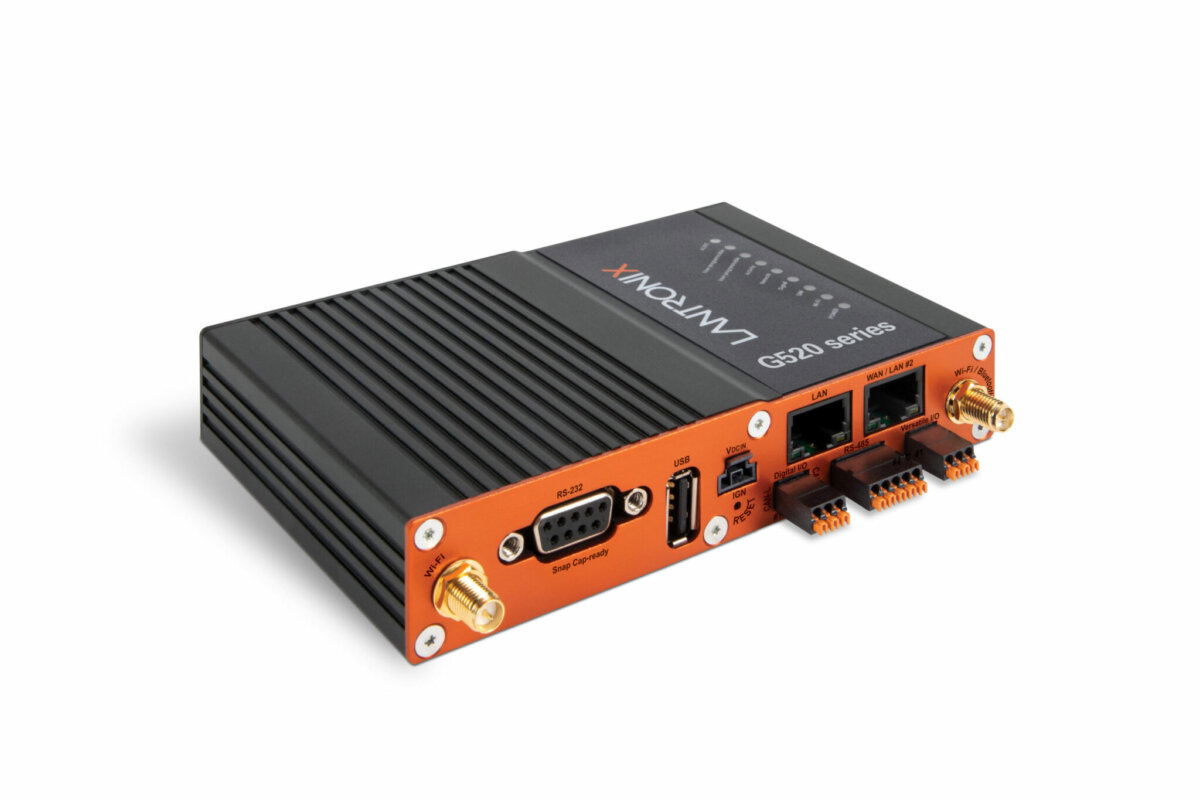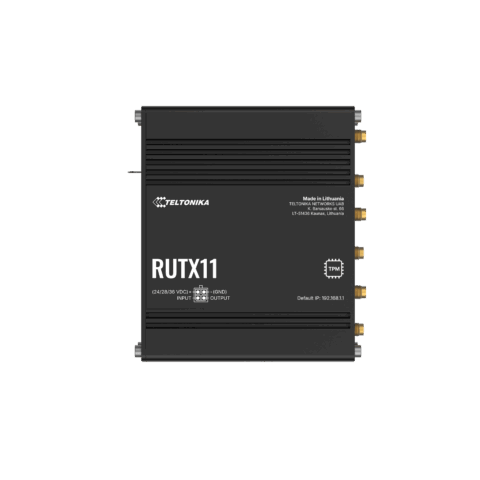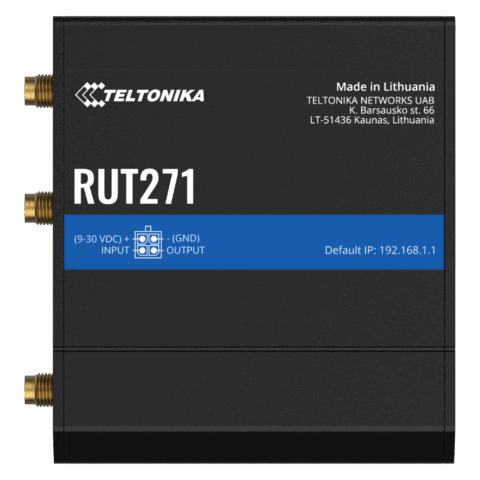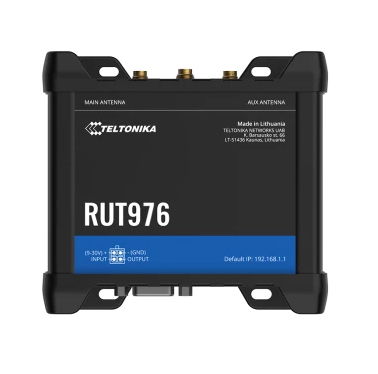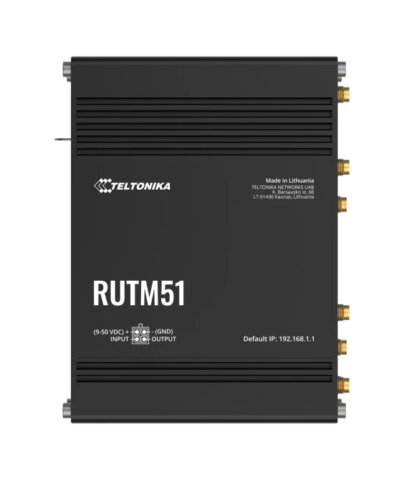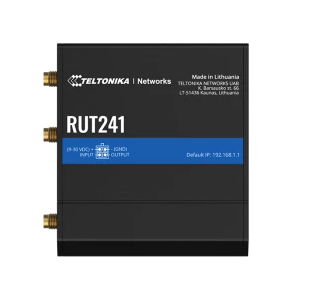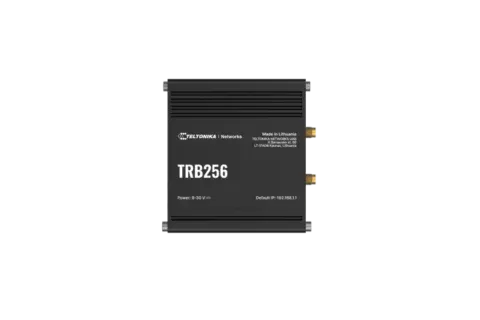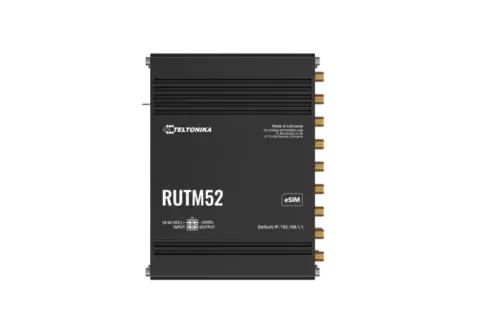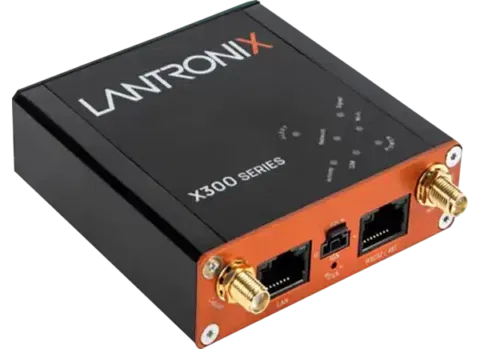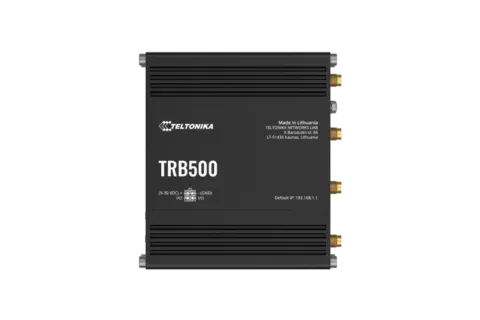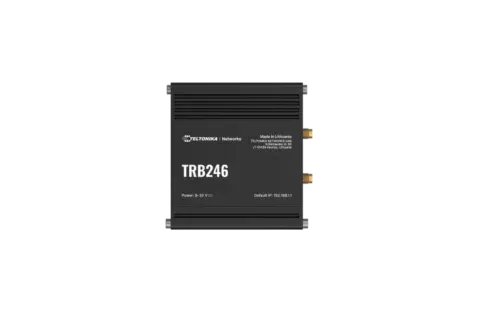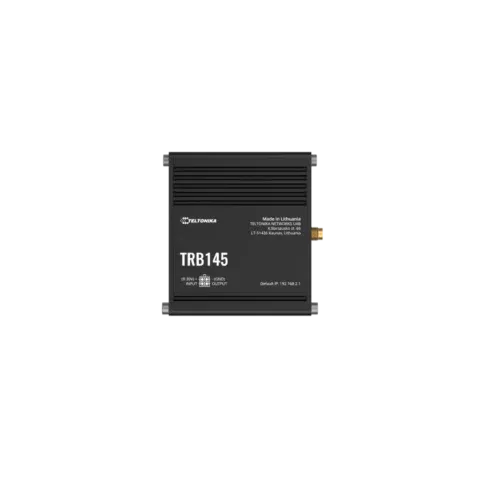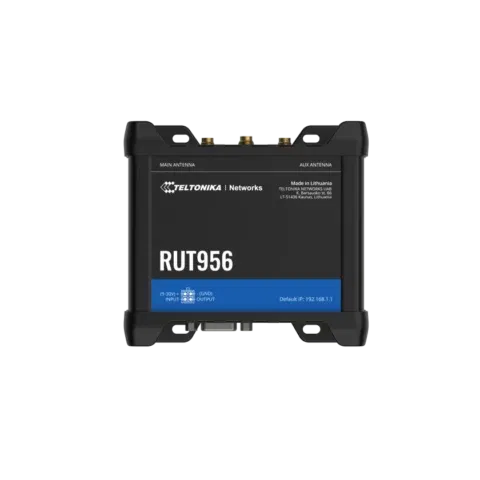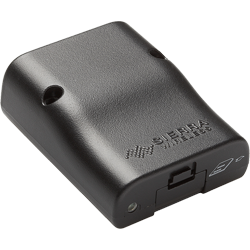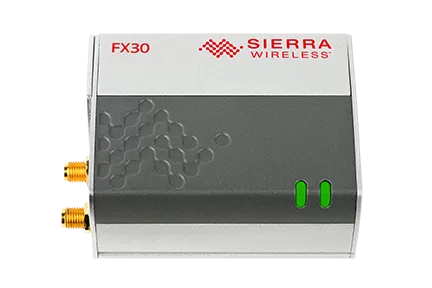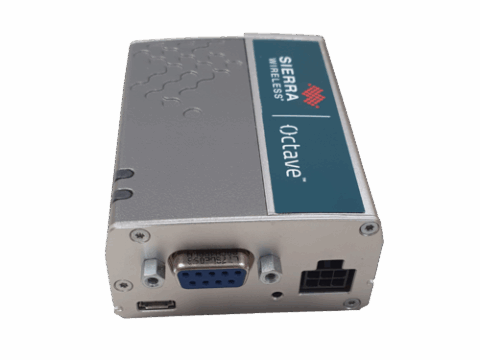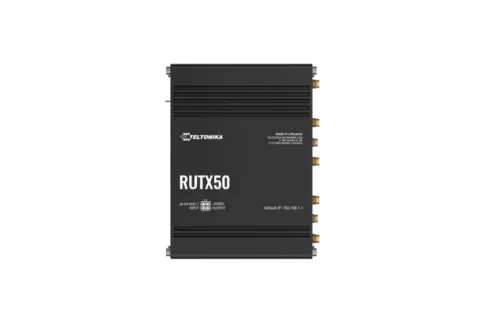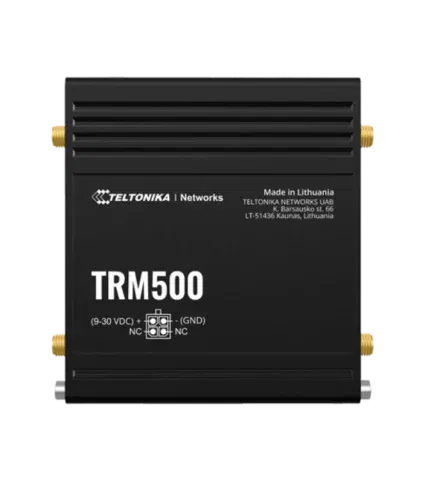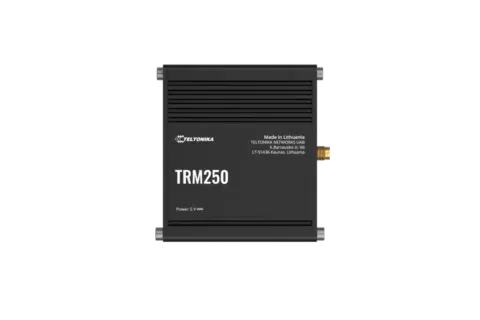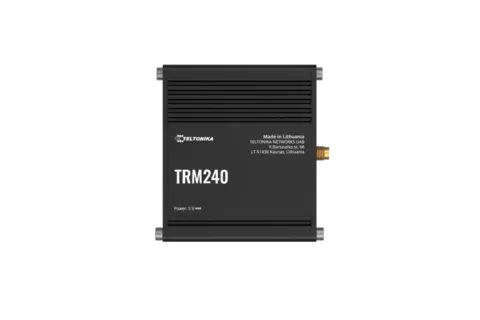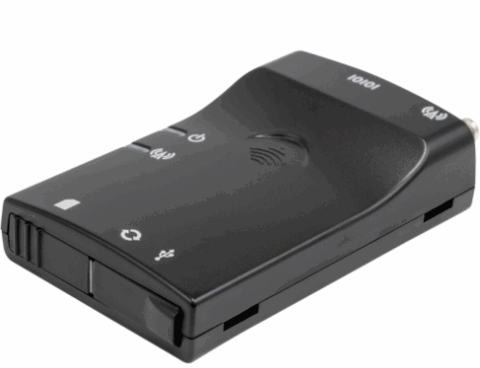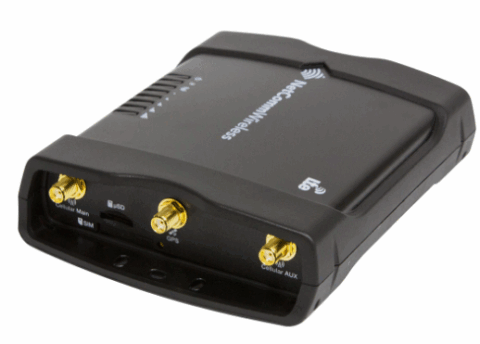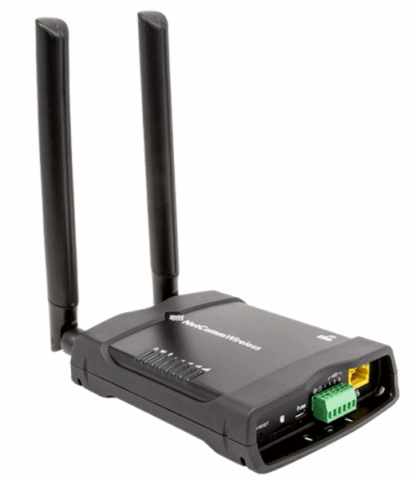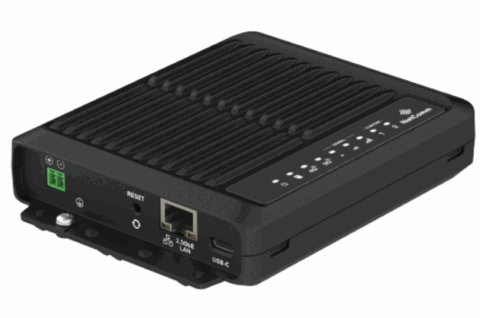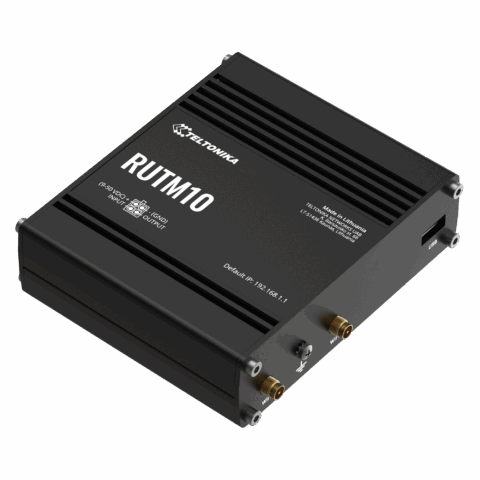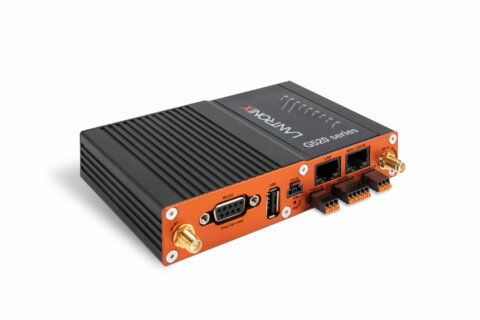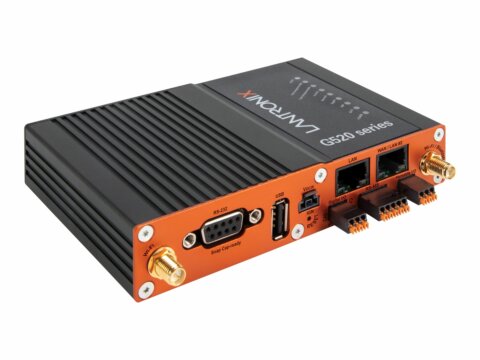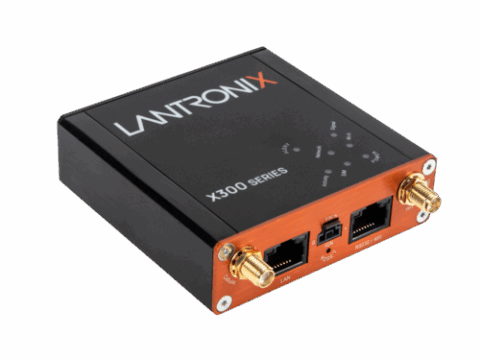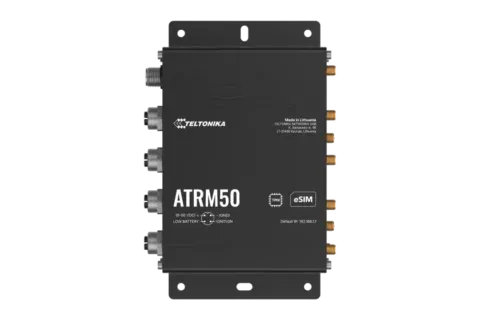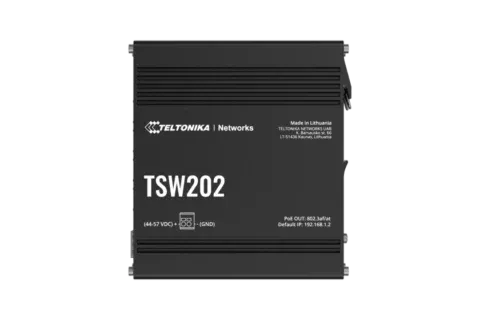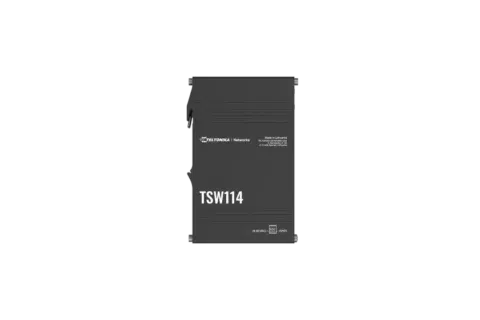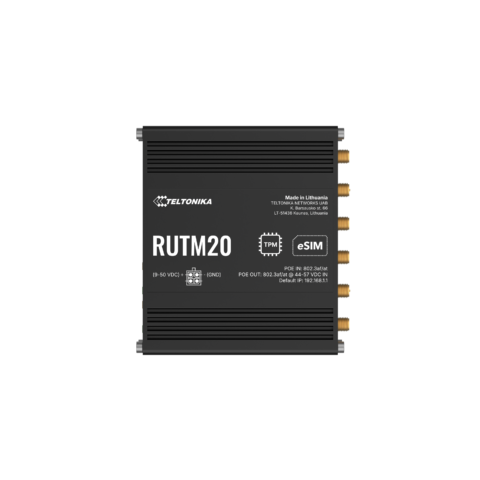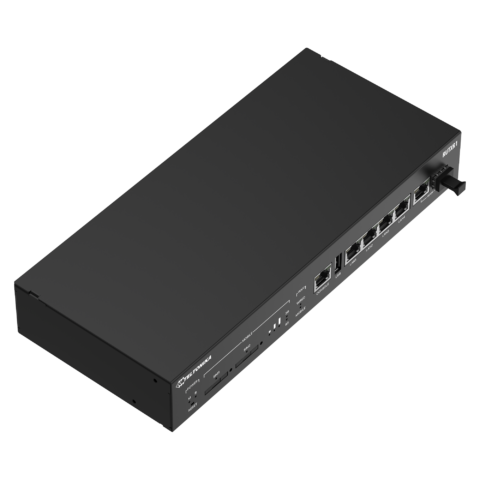Industrial routers, gateways, modems and switches for wireless IoT connectivity
Seamless wireless integration with routers, gateways, modems and switches
Routers, gateways, modems and switches are the quickest and most convenient way of enabling wireless and wired capabilities. They provide remote configuration, deployment, monitoring and management, ensuring fast and reliable connectivity across industrial applications.
Modems use an existing serial or USB port to connect and provide direct access to the cloud within minutes. For products with an Ethernet port or Wi-Fi connectivity, gateways extend the same easy access with even greater design flexibility. Routers add advanced routing features for secure and segmented networking, while industrial switches enable robust wired connectivity across multiple devices.
We offer both embedded and external IoT-dedicated solutions that are industrial-grade, provide secure connectivity and remote management, and require minimal engineering effort. This allows you to quickly add fully integrated connectivity and control to both new and legacy machinery.
Our portfolio supports network connectivity via a wide range of wired and wireless interfaces, including but not limited to Ethernet, cellular, Wi-Fi and Bluetooth. Options such as Power over Ethernet (PoE), GPS functionality, and IP67-rated enclosures for outdoor usage are also available. In addition, devices can be preloaded with firmware according to your specific requirements and configurations.
